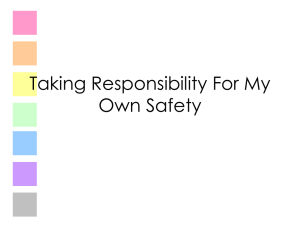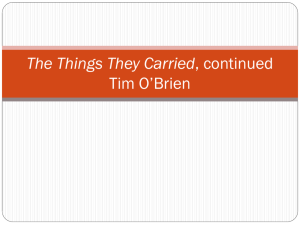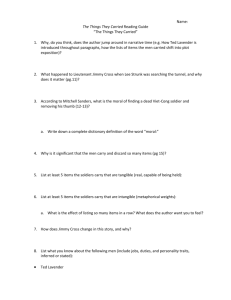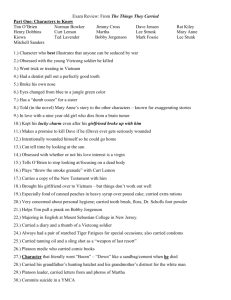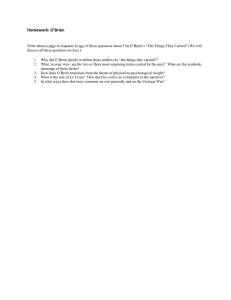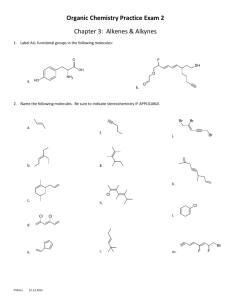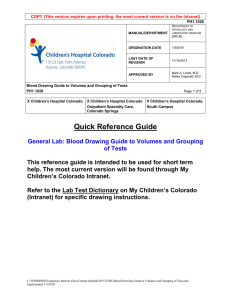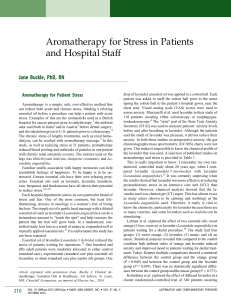The Things They Carried: Essay Prompt - Literary Analysis
advertisement
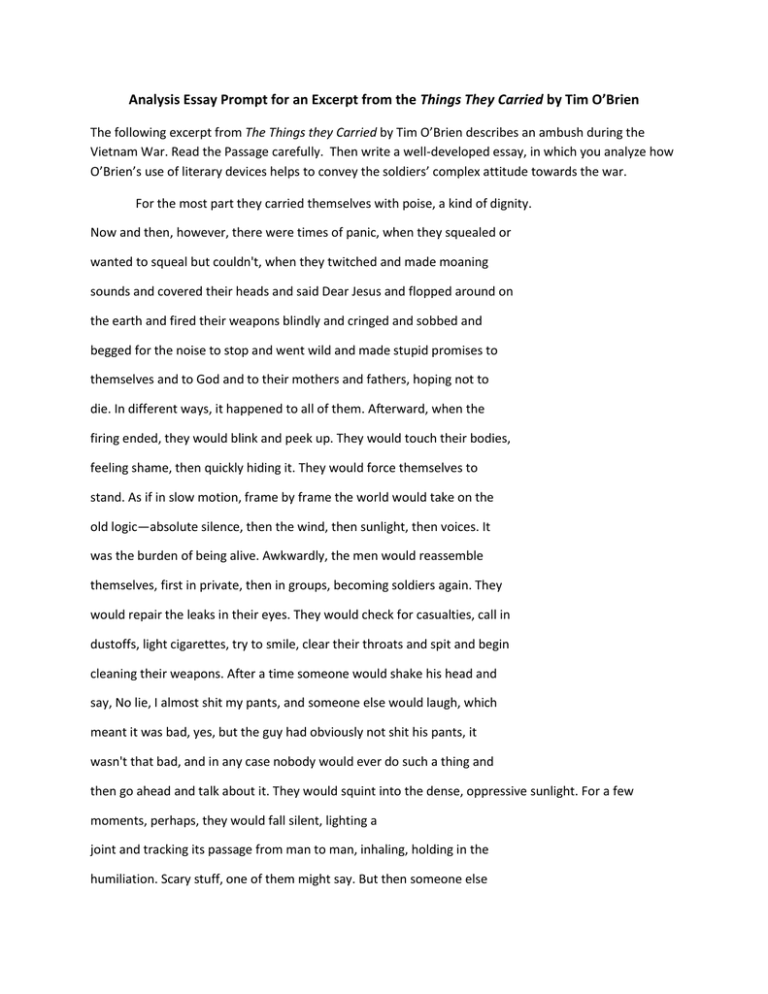
Analysis Essay Prompt for an Excerpt from the Things They Carried by Tim O’Brien The following excerpt from The Things they Carried by Tim O’Brien describes an ambush during the Vietnam War. Read the Passage carefully. Then write a well-developed essay, in which you analyze how O’Brien’s use of literary devices helps to convey the soldiers’ complex attitude towards the war. For the most part they carried themselves with poise, a kind of dignity. Now and then, however, there were times of panic, when they squealed or wanted to squeal but couldn't, when they twitched and made moaning sounds and covered their heads and said Dear Jesus and flopped around on the earth and fired their weapons blindly and cringed and sobbed and begged for the noise to stop and went wild and made stupid promises to themselves and to God and to their mothers and fathers, hoping not to die. In different ways, it happened to all of them. Afterward, when the firing ended, they would blink and peek up. They would touch their bodies, feeling shame, then quickly hiding it. They would force themselves to stand. As if in slow motion, frame by frame the world would take on the old logic—absolute silence, then the wind, then sunlight, then voices. It was the burden of being alive. Awkwardly, the men would reassemble themselves, first in private, then in groups, becoming soldiers again. They would repair the leaks in their eyes. They would check for casualties, call in dustoffs, light cigarettes, try to smile, clear their throats and spit and begin cleaning their weapons. After a time someone would shake his head and say, No lie, I almost shit my pants, and someone else would laugh, which meant it was bad, yes, but the guy had obviously not shit his pants, it wasn't that bad, and in any case nobody would ever do such a thing and then go ahead and talk about it. They would squint into the dense, oppressive sunlight. For a few moments, perhaps, they would fall silent, lighting a joint and tracking its passage from man to man, inhaling, holding in the humiliation. Scary stuff, one of them might say. But then someone else would grin or flick his eyebrows and say, Roger-dodger, almost cut me a new asshole, almost. There were numerous such poses. Some carried themselves with a sort of wistful resignation, others with pride or stiff soldierly discipline or good humor or macho zeal. They were afraid of dying but they were even more afraid to show it. They found jokes to tell. They used a hard vocabulary to contain the terrible softness. Greased they'd say. Offed, lit up, zapped while zipping. It wasn't cruelty, just stage presence. They were actors. When someone died, it wasn't quite dying, because in a curious way it seemed scripted, and because they had their lines mostly memorized, irony mixed with tragedy, and because they called it by other names, as if to encyst and destroy the reality of death itself. They kicked corpses. They cut off thumbs. They talked grunt lingo. They told stories about Ted Lavender's supply of tranquilizers, how the poor guy didn't feel a thing, how incredibly tranquil he was. There's a moral here, said Mitchell Sanders. They were waiting for *Lavender's chopper, smoking the dead man's dope. The moral's pretty obvious, Sanders said, and winked. Stay away from drugs. No joke, they'll ruin your day every time. Cute, said Henry Dobbins. Mind blower, get it? Talk about wiggy. Nothing left, just blood and brains. They made themselves laugh. *Ted Lavender was shot in the head and died outside the Village of Than Khe in mid-April. He was scared and often took dope to help cope with the pressures of war.
